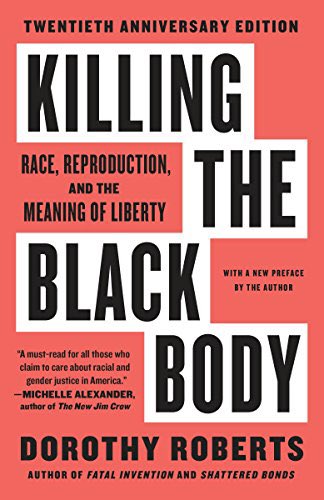
So excited to see the spotlight on Dr Khiara Bridges and her anthropological work on reproduction, how reproductive justice must always be intersectional. Here is a thread of other ethnographies on reproduction, race & gender I would recommend 🧵 

Coercive reproductive policies have historically been used as a tool of imperial power to forcibly sterilize communities of color, often in the name of “public health sanitation.” 

These policies are predominantly targeted at women of color. This has led to the use of unsafe contraceptives in poor communities of color, medical racism, and the unethical experimentation on people of color in the name of maternal and child health and “protection.” 



Even when Roe v Wade was in effect, discrimination against people of color disproportionately impacts pregnancy outcomes and maternal health outcomes negatively, leading to a highly radicalized crisis of maternal mortality in the US. 



Even the social security systems like welfare which are supposed to help families with children, and to support survivors who might become pregnant, these systems are also highly exclusionary, instead often perpetrating violence and reinforcing inequity. 



And yet one of the largest prison populations are women, many of whom are already mothers, or serve their time while pregnant. They have have to deliver in shackles. Or they find that they get more maternal and child health support behind bars, as a prisoner. Think on that. 

We can also consider the role of women as the informal caregivers for family members who are incarcerated, and the important mobilization of mothers and other kin networks who take on the racism and violence embedded in the prison industrial complex. 

The US has a tendency to use “bad mothers” or “risky pregnancy” as a way to monitor, police and incarcerate women who have been failed by the state and unable to access alternative means of survival or support. And yet pronatalism is central to US models of exceptionalism. 



This is not a comprehensive list though. Please feel free to add and share some of your favorites and recommendations too #anthrotwitter #anthropologyofreproduction
Also for a more queer, radical take on family, reproduction and feminist politics, consider Full Surrogacy Now 

• • •
Missing some Tweet in this thread? You can try to
force a refresh



